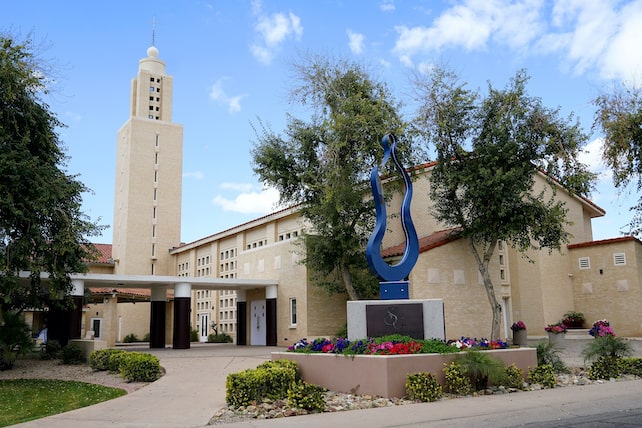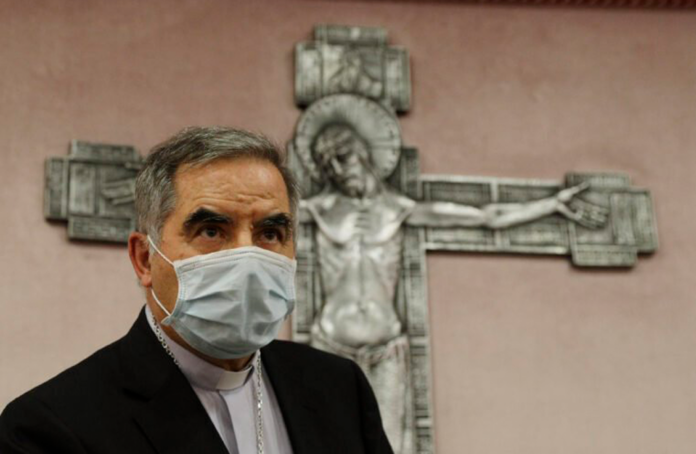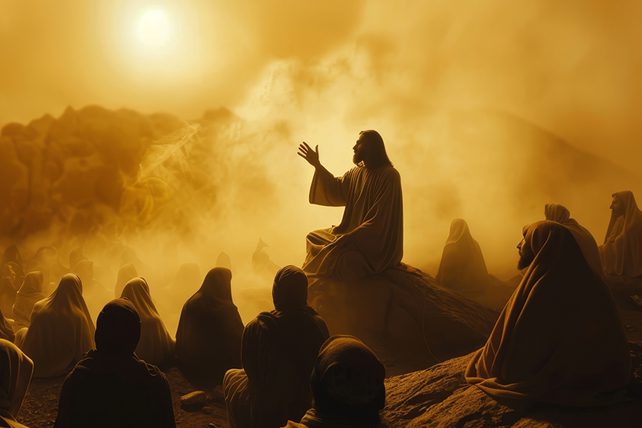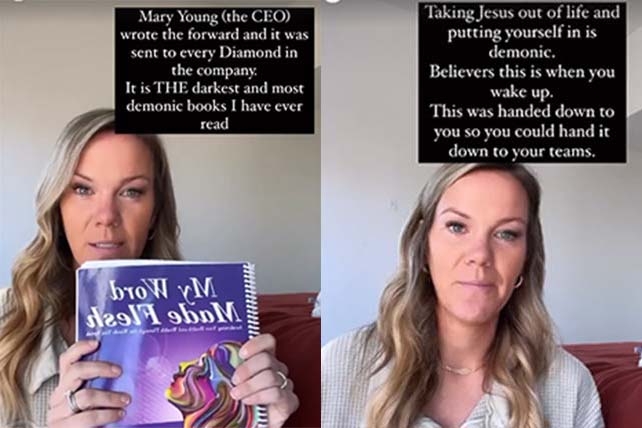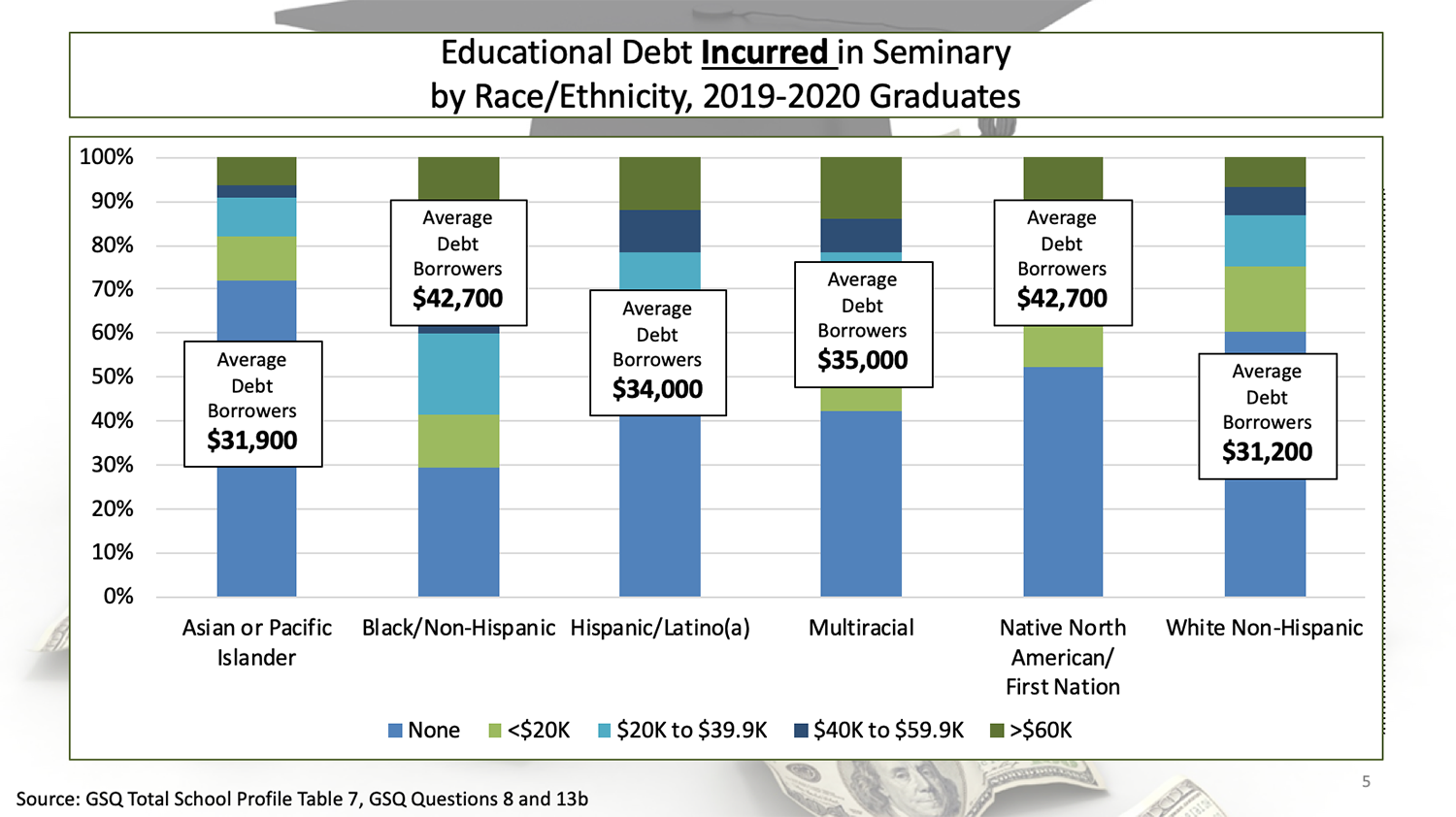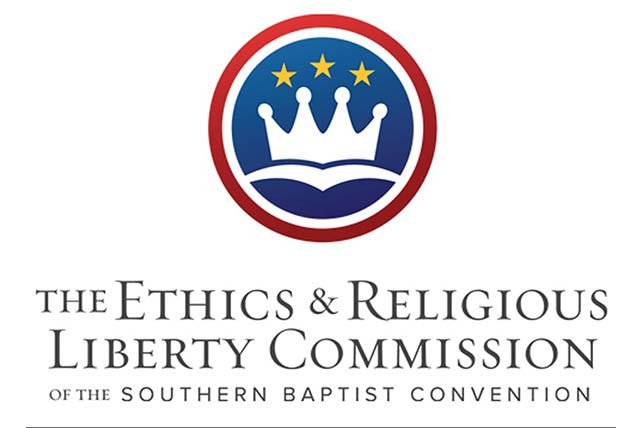CHATTANOOGA, Tenn. (BP) – After learning his home town of Chattanooga is one of the most polluted cities in the world, 12-year-old Cash Daniels knew he had to do something.
Daniels began mobilizing and organizing various cleanups efforts in and around the Tennessee River. To date, Daniel’s efforts have helped remove more than 12,000 pounds of garbage from the river.
His efforts have received nationwide attention, including recently being named one of five nominees for the “Kid of the Year” award, in a partnership between Nickelodeon and Time for Kids magazine.
Daniels told Baptist Press he was glad to be nominated, but the main goal of his efforts is simply to help take good care of God’s creation.

“I was shocked when I found out I was top five out of thousands of kids and even though I didn’t win the whole thing, just being top five is a huge honor,” Daniels said.
“I got started because I’ve always loved animals and wildlife, especially fish and all bodies of water. It’s very important to take care of the Earth because God only gave us one Earth and God commands us to be good stewards of what He has gifted us. Once I figured out the Tennessee River was more polluted with micro-plastics than any other river in the world then I knew I had to do something.”
Daniels said he began researching about pollution as young as 6 or 7 years old. Over the next few years, he would spend hours mobilizing cleanup efforts and raising awareness about pollution through word-of-mouth and social media.
Examples of these cleanup efforts include organizing community outings to pick up trash from the Tennessee River, partnering with local businesses to help recycle aluminum cans and taking initiative to install fishing-line recycling containers along the river.
Additionally, Daniels wrote a book about his passion for taking care of the environment titled “One Small Piece” and founded an organization called “Cleanup Kids,” which encourages kids to fight against pollution.
Cash’s mother Erin Daniels said she initially thought her son’s cleanups efforts were great, but may just be a phase he was going through. She said that idea was “completely wrong,” and it was been fun to both watch her son’s passion grow, and also to grow as a parent.
“It’s been fun to watch him, and he just kept doing more and more things like researching and meeting other kids like him all over the place,” she said.
“We’ve learned a lot, and as parents, honestly we’re not the best at this. We didn’t recycle, we didn’t pay attention to how much plastic we used, and there were so many things that we didn’t do that we’re doing now.”
She said one of the highlights has been watching Cash use his passion to share the love of God with people.
“People focus on mission fields being oversees … but really the river in Tennessee is what we see as his mission field,” Erin Daniels said.
“That’s where he wants to be and make a difference. He’s met so many people who have heard his story just because that’s where he is. He’s on the river talking to fishermen and outdoorsmen who might not hear that side of his story in church. He gets to talk with people and share his story, his love for the outdoors, his love for God and for our church in a totally different way that some might not consider a mission field.”
Among the people Cash has partnered with in his cleanup efforts has been the youth group of his church, Morris Hill Baptist in Chattanooga.


